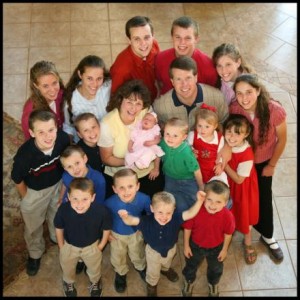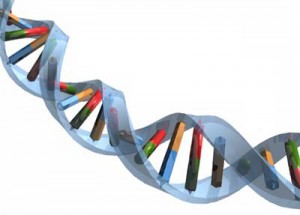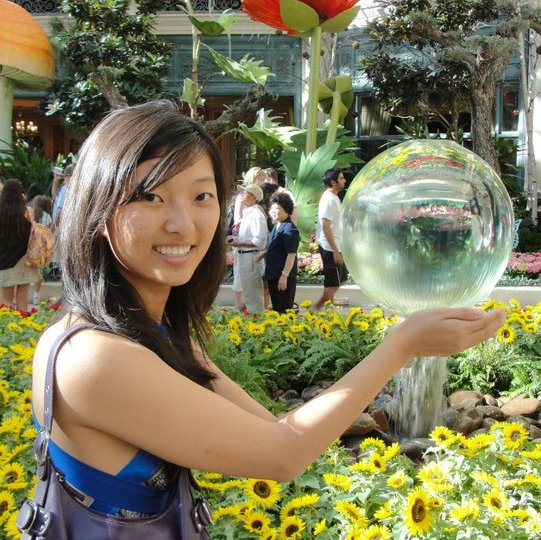
photo credit: babybowsonline.com
You know, in thinking of family size, most people think of the social or psychological impacts, but rarely do they consider the environmental impact. When you do, a whole new world opens up, with red flags popping up everywhere. By default, more people means more consumption, more waste, and more pollution. A big family has a huge carbon footprint, not only because they eat a lot, but even just the amount of air they breathe and carbon dioxide they exhale!
This is an interesting perspective brought on by Alan Weisman as he commented on the Duggar family and the wisdom (or lack of) in having so many children. As he points out, we’ve only got one planet and a limited atmosphere. Our resources are not getting bigger, but the population is and families of this size are just exacerbating the problem.
A number of factors have caused much of the population to delay or even give up childbirth, but I’m quite sure most people don’t do it because it can be bad for the environment. I think this should be considered though, and would be good reasoning for limiting the number of children you choose to have. After all, the more children you bring into the world, the more you are indirectly contributing to all the climate problems. Especially if your family is big on meat consumption and gas-guzzling activities. Funny how environmental health is harmed with greater Darwinian “fitness.”

photo credit: bioinfo.mpg.de
I wonder if our genes will ever mutate to a point that will make us want to propagate, but not too much, since we could potentially run our own life source into the ground. After all, they just want to survive generation after generation, but with no other way to continue on, what will they do? It seems more likely that species that can continue living even if humans cannot will just go on and those genes will become the new super genes that have managed to survive all catastrophes.
I guess it’s unfortunate that evolution has pretty much come to a stop for us, what with all kinds of unnatural ways to keep people alive and help them reproduce when they otherwise would have been “weeded out” by the system. Not that it’s bad that we can keep more people alive against previous odds, but it could mean doom for us as a species, or even a planet, if we don’t change our ways and continue to be so wasteful. As every gene selfishly does whatever to get us to reproduce, it is blissfully unaware of how it could be destroying the very vessels that they use to survive down the line.
I guess it begs the question: should having big families be considered irresponsible to the environment? Technically it is… though I suppose creationists would argue that every child is a gift of God, etc. I’m sure you’ve all heard that line before. Is this a case of creationism and evolution teaming up to produce a dangerous outcome? Both doctrines basically say that the more children you have, the better. Environmentalists may be wary of the legitimacy of that claim though. I think, as with all things, it’s good to take it in moderation. It may not be a perfect bell curve, but it sure resembles more of that than a straight line going up to infinity. Certainly there’s a range that is “optimal” (if there’s even such a thing) and 18 is way over. At the same time, if everyone had NO children, we’d die out in a single generation. How thin is the line we walk?

